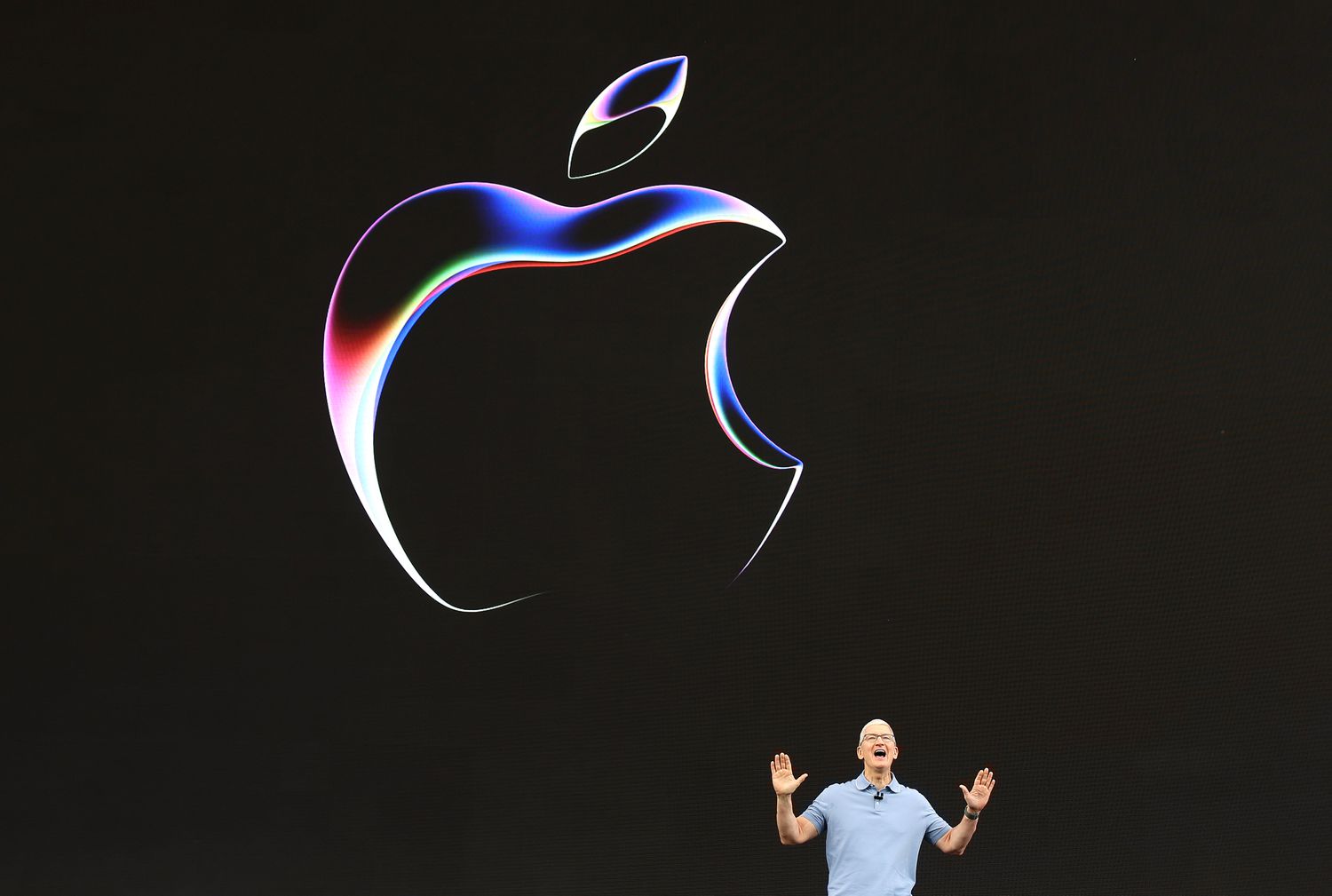In an unprecedented turn of events, Apple revealed a significant 10% decline in iPhone sales during the January-March quarter, marking the most considerable drop since the post-pandemic period of 2020. This downturn poses a stark contrast to the thriving sales figures Apple enjoyed last year, highlighting the volatility and challenges in maintaining consistent growth in a fiercely competitive market.

The Financial Silver Lining Amidst Sales Challenges
Despite the downturn in one of its cornerstone products, Apple demonstrated resilience through its strategic financial decisions. The tech giant announced a 4% increase in its quarterly dividend, raising it to 25 cents per share, alongside a commitment to an aggressive $110 billion stock buyback program. These moves not only bolstered investor confidence but also underscored Apple’s robust financial health, leading to a near 7% rise in its stock price in extended trading sessions.
iPhone Sales Decline: Apple’s Need for Innovation Amidst AI Competition
The decline in iPhone sales was primarily attributed to the saturation of markets and heightened competition, especially from rivals in the AI domain. Companies like Microsoft and Google have been making significant strides in AI, a sector where Apple seems to be playing catch-up. The tech landscape is swiftly evolving with AI innovations, pushing Apple to pivot and adapt swiftly.
Thomas Monteiro, an analyst from Investing.com, remarked on the situation, “More than ever in the past decade, the company needs new products and solutions.” This sentiment captures the pressing need for Apple to innovate beyond its traditional offerings to maintain its market leader status.
📊| BREAKING: Apple $AAPL Q1 Earnings:
Revenue: $4.4 billion
Net Income: $23.6 billion
Earning per share: $1.53📉| Net sales of the iPhone tumbled 10% year over year, landing at $46 billion
𝗗𝗘𝗕𝗔𝗧𝗘: Worth buying or Not?🤔 pic.twitter.com/7hWqbl58j1
— Internet Alert 🛜 (@internetalert0) May 2, 2024
Future Prospects and Strategic Moves
In the face of sales challenges, Apple is not sitting back. The company is gearing up for its annual June conference, where it is expected to unveil a suite of AI-driven products and services. Apple CEO Tim Cook emphasized the company’s commitment to AI, stating, “We believe in the transformative power and promise of AI, and we believe we have advantages that will differentiate us in this new era.”
Moreover, Apple’s services division emerged as a beacon of growth, with a notable 14% increase in revenue. This division benefits significantly from lucrative contracts like the default placement of Google as the search engine on iPhones, a topic currently under scrutiny in an antitrust trial in Washington.

The Road Ahead
Apple’s current trajectory is a complex mix of financial stratagem and market challenges. The company’s ability to navigate through declining sales with robust financial engineering and promising prospects in AI and services positions it uniquely for future growth. As the landscape of technology and consumer demands continues to evolve, Apple’s adaptability will be crucial in sustaining its growth and market dominance.
Investors and tech enthusiasts alike will be closely watching Apple’s next moves, especially in the burgeoning field of artificial intelligence, where the company promises significant developments. As the tech giant continues to innovate, it will not only shape its destiny but also the broader tech industry’s future.











